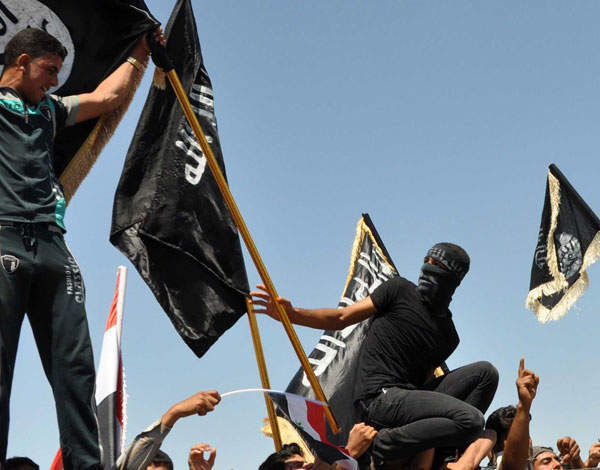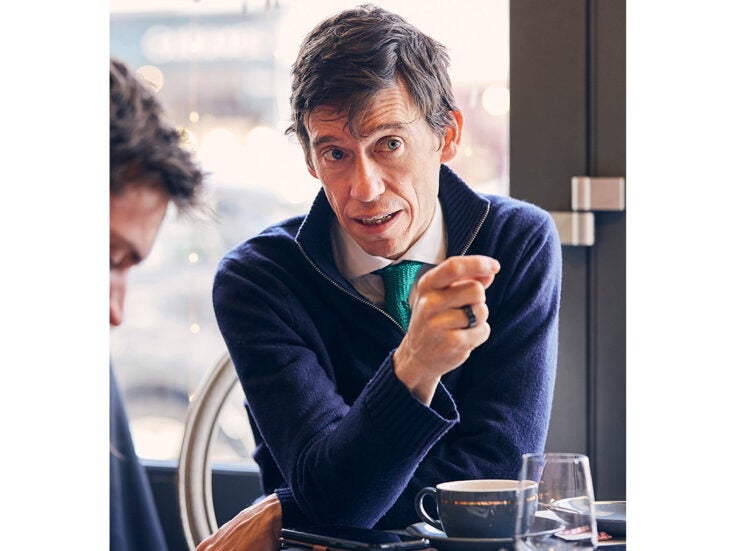

Fighting has broken out again in Iraq as extremists, the Islamic State of Iraq and al-Sham [the Levant] (Isis), take hold of cities in the north of the country and advance on Baghdad.
There were unverified reports over the weekend of 1,700 soldiers killed by Isis. For some people this fighting is the inevitable consequence of the invasion of 2003; others feel that this is the consequence of withdrawing too soon. Whichever side people are on, there is plenty to fear about Iraq’s descent into civil war.
At this point, there is little that can be done by charities to stop Isis, but they can help solve the situation. If the fighting gets worse, civilians may start to pour out of the conflict areas and into refugee camps as they are doing in Syria. £25 million has been raised so far for the Syria Crisis Appeal to help the nine million people who have fled their homes. If a similar refugee situation arises in Iraq, charities will be hoping that the British public will continue to be generous.
But was there anything that could have been done earlier, after the invasion had happened, to place Iraq on a surer footing? Government aid packages do flow into post-conflict countries, but senior UN officials have argued that not enough money goes in to achieve the tasks at hand — so philanthropic money has its place too.
There are charities that specialise in post-conflict work. Building Markets is a US charity that aims to create peace by building viable economies. It helps entrepreneurs set up new businesses and connects them to business opportunities.
The charity estimates that in Afghanistan between 2006 and 2012 it created 65,000 jobs through providing training and making it easier to get contracts. Its impact report shows that in 2010 entrepreneurs using its services were able to win over $150 million worth of contracts, equivalent to 1 per cent of Afghanistan’s GDP.</p>
This type of charitable activity to get people into jobs is not that different to development work that goes on across the globe. Much post-conflict support is similar to more general intentional aid work and has a key role to play when a few quick wins in health or education can help people get behind a new government. But in a post-conflict country, experts say that ‘development plus’ is needed, adding in extra dimensions of security and political engagement.
The World Bank identifies equality and the role of women as important in building a country. In Liberia, the creation of all-female teams working alongside local police helped restore confidence in the police and stop the descent into violence.
There are a number of charities that focus on the rights of girls and the role of women in public life. Oxfam, for example, is working on a national campaign in Afghanistan to highlight the importance of having women in the police, in a country where 99 per cent of police officers are male. In Iraq, Save the Children is among those charities helping to ensure that girls have access to an education.
So there are options for those philanthropists interested in helping conflict countries escape a cycle of violence. But as well as money, patience is needed. According to World Bank research it takes seventeen years on average to reduce the role of the military in politics, and 27 years to reduce corruption.
It takes a generation for a country to leave behind the legacy of violence. Hopefully the latest news from Iraq represents a setback on its journey, rather than having to restart the work from scratch.
Angela Kail is head of the funders team at NPC








